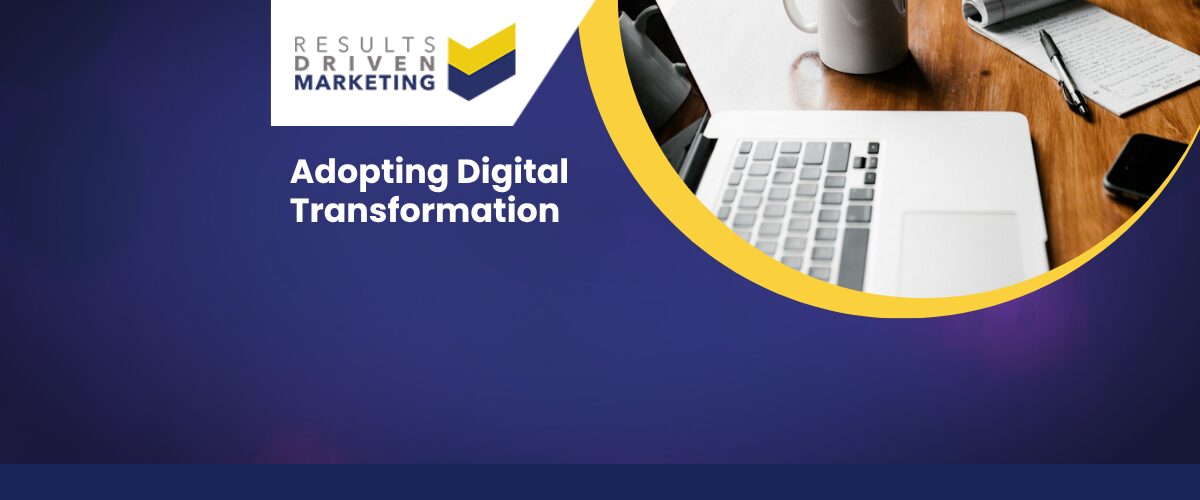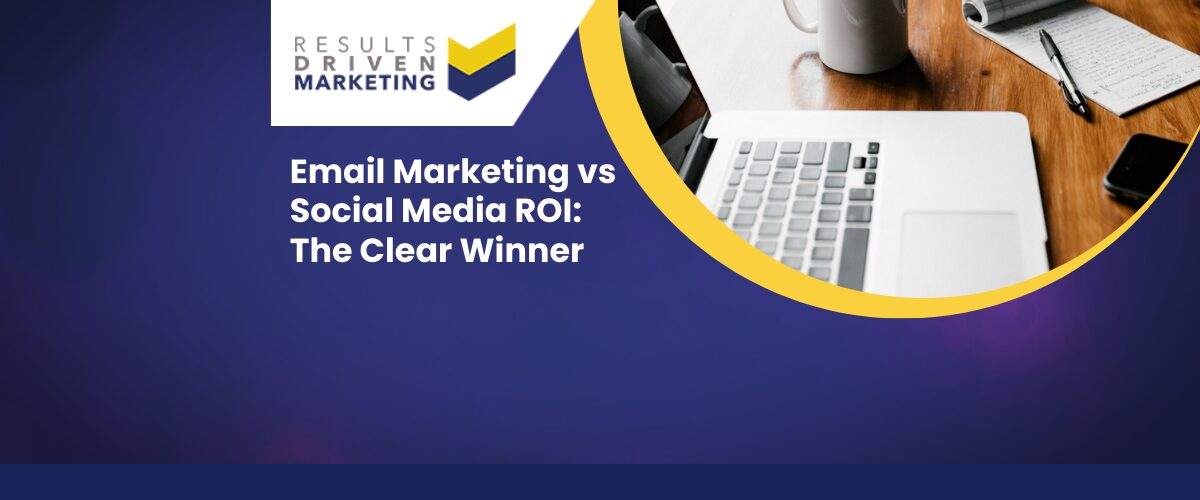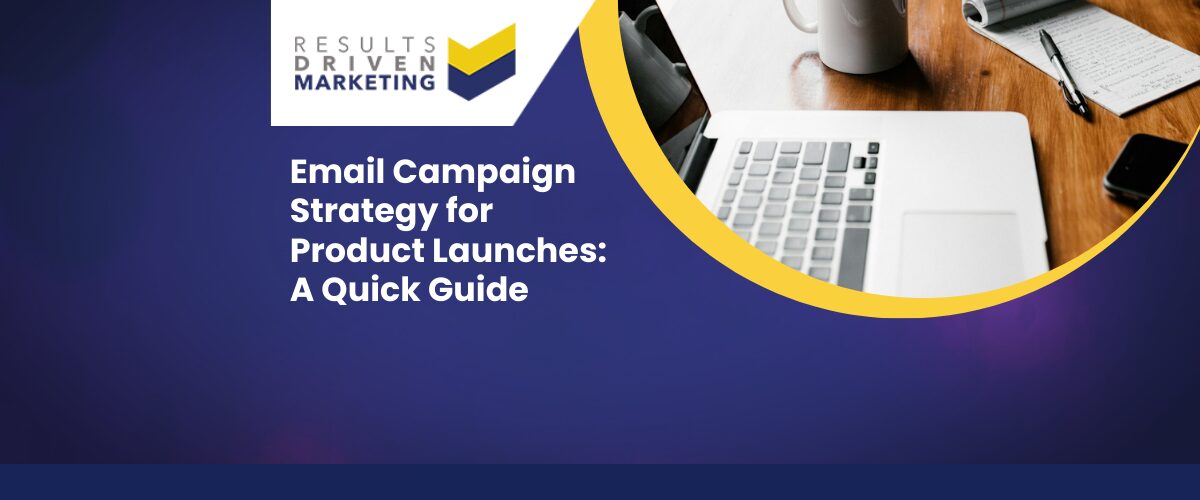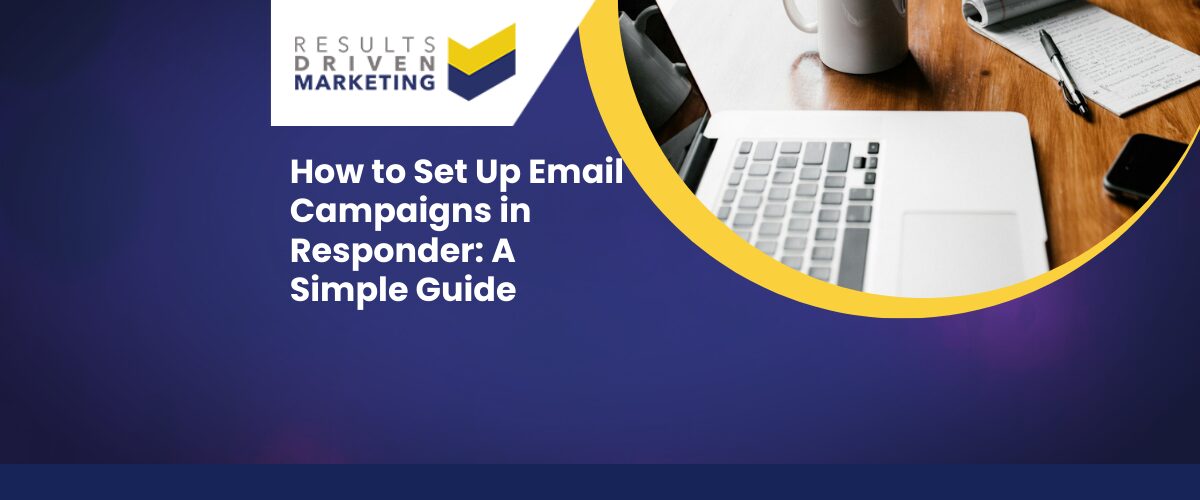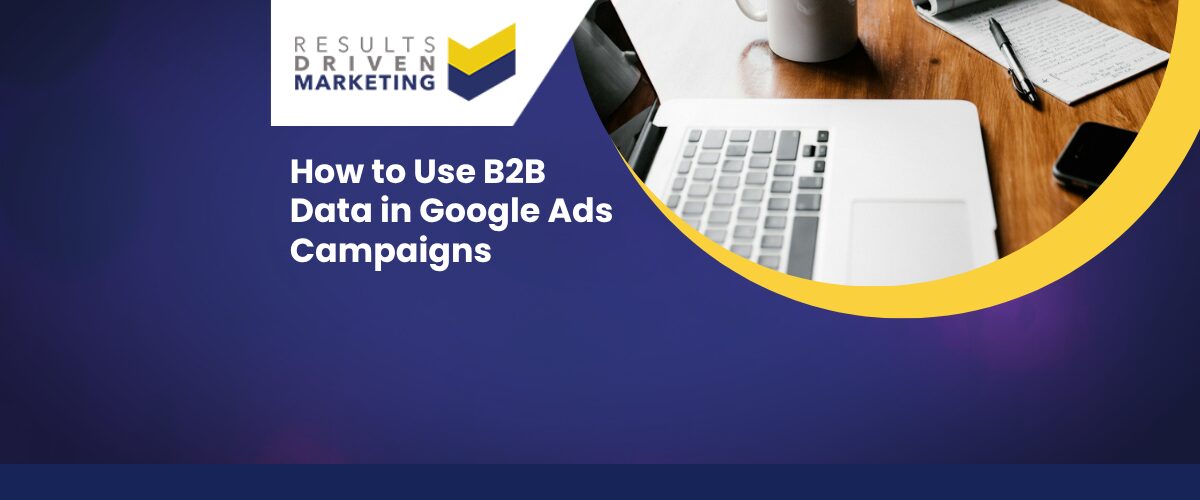
How to Use B2B Data in Google Ads Campaigns
How to use B2B data in Google Ads campaigns is a question many SME marketers are asking—especially when budgets are tight and every click needs to count. You may have run Google Ads that brought in traffic, but not the right leads. Or your ads may be attracting companies too small, too general, or simply not your ideal customers.
That’s where clean, well-targeted B2B data comes in. By using Customer Match, you can upload role-specific contacts—think Marketing Directors or Managing Partners—and ensure your ads reach relevant decision-makers. No more guessing. No more wasted ad spend on the wrong audience.
In this guide, we’ll show you how to use purchased B2B data to build smarter campaigns, reduce cost per acquisition, and align your ad budget with real buying intent. Whether you’re new to Google Ads or looking to optimise, this guide will help you take control of your targeting.
Table of contents:
Why B2B Campaigns Need Data-Driven Targeting
Running a B2B campaign without data-driven targeting is like sending postcards to random addresses—you might get lucky, but chances are you’re wasting money.
The Limits of Broad Targeting
-
Broad campaigns attract irrelevant clicks from consumers or junior staff
-
Poor targeting leads to low-quality leads and inflated costs
-
Your sales team wastes time chasing dead-end contacts
The Advantage of Data-Driven Segments
When you upload segmented B2B contact lists, you can:
-
Serve ads only to your ideal customer profile
-
Build lookalike audiences from your best clients
-
Exclude existing customers or previously uninterested contacts
The result? Tighter targeting, better ROI, and a sales pipeline filled with real opportunities.
Step 1 – Set Up Customer Match with B2B Data
Google’s Customer Match feature lets you upload your own B2B data—such as work emails or phone numbers—to target known contacts across Search, YouTube, Display, and Gmail.
What Is Customer Match?
-
Upload hashed contact info (emails, phones, etc.)
-
Google matches those records to known users
-
You serve ads directly to confirmed prospects
Perfect for targeting decision-makers from CRMs, lead lists, or purchased B2B data.
Who Can Use It?
You’ll need:
-
A well-established Google Ads account
-
At least 90 days of active history
-
Policy compliance and lawful consent
Since you’re operating in the UK, be sure your data is lawfully sourced and compliant with GDPR. All our delivered data meets these standards.
Formatting & Uploading Lists
-
Use a CSV file with emails, phone numbers or postal info
-
Include at least 1,000 records for best matching rates
-
Refresh lists regularly to maintain performance
Upload under Tools & Settings → Audience Manager—Google will hash and match automatically.
Step 2 – Build Smart Audiences Using Your B2B Data
Once uploaded, you can segment, expand, and refine your audiences in Google Ads.
Lookalike (Similar) Audiences
Let Google find users similar to your best contacts:
-
Scale outreach without losing relevance
-
Reach new firms you may not have considered
-
Maintain intent-driven targeting
Exclusion Audiences
Save budget by excluding:
-
Existing customers
-
Contacts who didn’t convert
-
Low-fit segments or competitors
Segment by Role or Firmographics
Create tailored audiences for:
-
Specific industries
-
Company size or turnover
-
Job titles like Operations Manager or Marketing Director
Each segment can then be used for campaigns with custom messaging and offers.
Step 3 – Structure Campaigns for B2B Success
Content alone isn’t enough—your campaign structure matters.
Intent-Driven Keyword Strategy
Use funnel-based keywords:
-
TOFU: e.g. “how to improve lead generation”
-
MOFU: e.g. “best B2B data providers”
-
BOFU: e.g. “buy B2B data for marketing”
Match each stage with relevant messaging or offers.
Granular Campaign & Ad Group Structure
-
Separate campaigns by industry, role, or solution type
-
Use tight keyword themes to improve quality score
-
Adjust bids and copy per audience for better optimisation
Tailored Ad Copy & Landing Pages
-
Use language your audience understands
-
Call out their pain points (“avoid bounce rates with targeted data”)
-
Use landing pages with industry-specific testimonials or proof points
Aligned messaging increases conversions and builds trust.
Step 4 – Track, Optimise & Maintain Performance
Ongoing monitoring and refinement are essential for lasting results.
Track the Full Funnel
Set up tracking for:
-
Form submissions
-
Phone calls or quotes
-
CRM-qualified leads and demo bookings
If your sales process is offline or call-based, import offline conversions from your CRM.
Refresh and Maintain Your Lists
Data decays fast. Keep in good shape by:
-
Refreshing Customer Match lists every 3–6 months
-
Removing bounced or unsubscribed contacts
-
Cleaning any fading or low-performing segments
Test Audiences & Messaging
Run tests to refine:
-
Job titles that deliver best responses
-
Segment performance variations
-
Messaging tone—ROI vs time-saving
Use insights to improve and scale your campaigns.
Why Choose Results Driven Marketing
At Results Driven Marketing, we deliver more than just data—we offer meaningful support to help your campaigns perform from day one.
-
Accurate, GDPR‑compliant B2B data segmented by job role, industry, and company size, ready for immediate upload
-
Campaign-ready formatting matched to Google’s upload requirements
-
Human support and advice on segment selection, customer matching, and campaign structure
-
Proven results with UK SMEs looking for better ROI and quality leads
We care deeply about your success. Not just clicks—but conversions.
Final Thoughts
If you’re still asking how to use B2B data in Google Ads campaigns, here’s the bottom line: targeting the right people starts with using the right data. When your campaigns are built around clean, segmented lists of decision-makers, ads become relevant, budgets work harder, and conversion rates improve.
From Customer Match setup to lookalike audiences and structured targeting, your B2B data gives you the precision your campaigns need. Not broader. Not noisier. Smarter.
If you’re not getting the results you want from Google Ads—or if you feel your data isn’t being used effectively—let’s rethink the strategy.
Need help sourcing high-quality data or setting up your next campaign? Contact us today or explore our email lists to get started.
Results Driven Marketing
Helping UK businesses go from bad data to better leads.
📍 Based at Cobalt Business Exchange, Newcastle
📞 0191 406 6399
🌐 rdmarketing.co.uk


